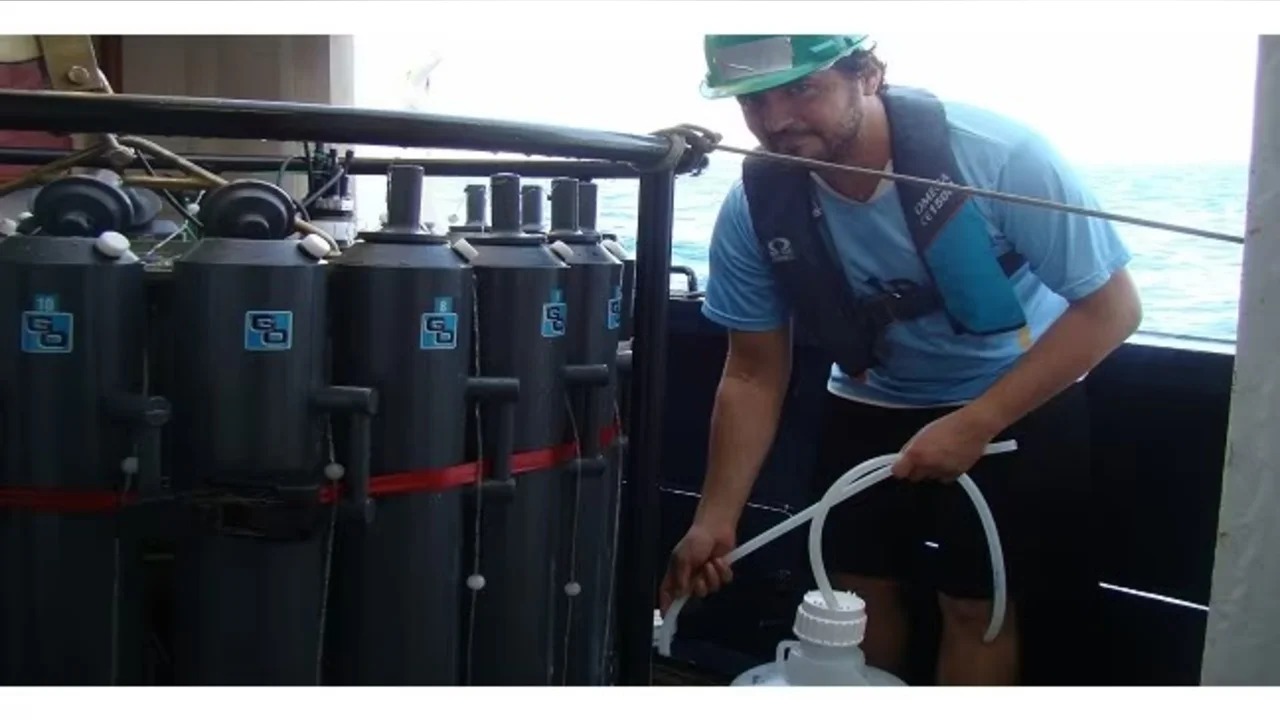
Assessing seawater safety
Elevated bacterial populations in waters near beaches and urban areas could pose a problem for desalination plants.
About
The seas that flank Saudi Arabia offer a valuable source of household water, but coastal waters also accumulate pollution and waste, and it is critical to assess the quality of the seawater being processed at desalination plants. Pei-Ying Hong and Burton Jones, researchers from KAUST's Biological and Environmental Science and Engineering Division, have conducted a ‘census’ of bacteria at different sites off the Red Sea coast to determine the conditions in those waters and assist future monitoring efforts.
Saudi Arabia’s 30 desalination plants supply half of the nation’s fresh water for domestic use, and major cities like Riyadh and Makkah are completely dependent on such facilities. “Desalinated water can account for approximately 90 percent of these cities’ domestic water needs,” says Hong. However, these cities also produce considerable wastewater — much of which ends up being returned to the sea after processing at treatment plants.
Hong and Jones set out to measure how human contamination impacts desalination, and collected water samples from eight sites near sewage treatment plants, city shorelines and recreational beaches.
The researchers used both traditional culture techniques and more modern molecular assays to detect bacterial species typically associated with human waste as well as a variety of pathogens linked to opportunistic infections. Remarkably, the waters near the sewage plant outflow generally contained acceptable levels of both classes of bacteria.
“This suggests that the treatment plants in Jeddah were achieving good removal efficiencies for conventional contaminants in wastewater,” says Hong.
Read the full article